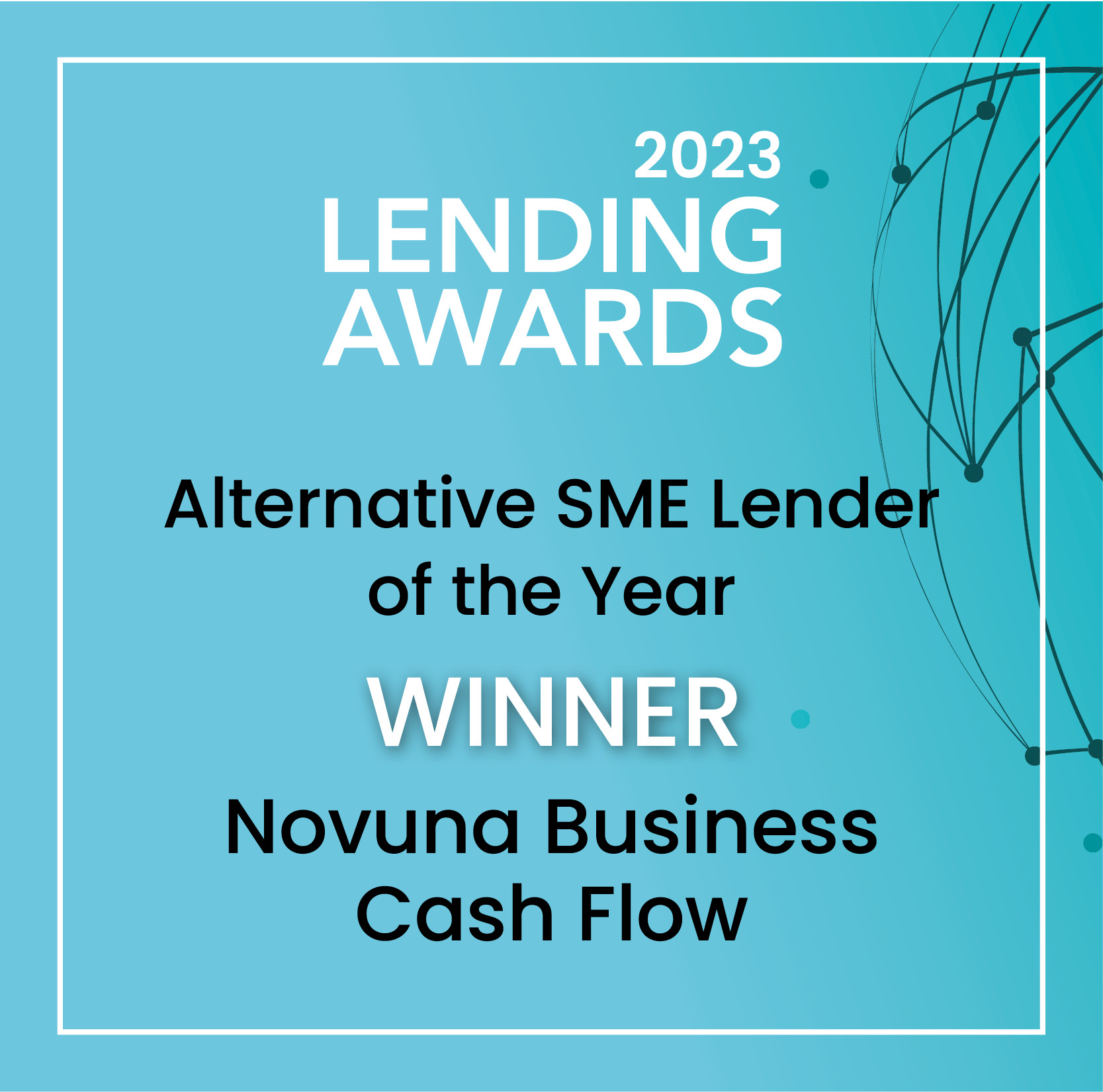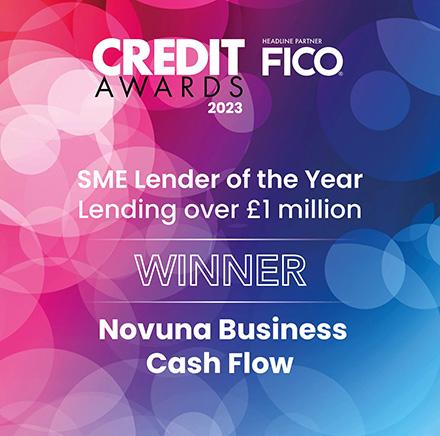Invoice Finance
Award winning invoice finance company in the UK.
Boost your cash flow with invoice finance
We compare all invoice financing options for you, so you can rest assured you'll get the right product and the best deal for your business. Get a quote online or call us on 0808 250 0859 to speak to one of our invoice finance experts.
Our invoice finance products
Pages in this SectionWhat is Invoice Finance?
Invoice finance helps businesses unlock cash tied up in unpaid invoices. Instead of waiting weeks or months for customers to pay, businesses can access a portion of the invoice value, usually within 24 hours. This boosts cash flow and helps cover everyday expenses, invest in growth, or manage unexpected costs.
Invoice finance can be tailored to your needs—whether it's invoice factoring, invoice discounting, or financing selected invoices—offering control and flexibility while maintaining a healthy cash flow.
What is an Invoice Finance Company?
Your invoice finance company will usually release up to 90% of your business’s invoices straight away. On payment of the invoice from your customer, your invoice finance company will release the final amount minus any fees and charges for the service.
Types of Invoice Financing
There are 3 main types of invoice financing:
- Invoice Factoring: Sell your invoices to a factoring company and receive an advance. The factoring company handles collections.
- Invoice Discounting: Retain control over collections and receive an advance on your invoices from a finance provider.
- Selective Invoice Financing: Choose specific invoices to finance, providing flexibility and control.
Invoice Finance FAQs
Who's Involved in Invoice Finance?
Invoice finance involves the business seeking funding, the finance provider, and the customers who owe the invoices.
Is Invoice Financing a Good Idea?
Invoice financing can be a good idea for businesses needing immediate cash flow without taking on additional debt.
Is Invoice Financing Risky?
Invoice financing carries some risk, such as the potential for customer non-payment, but the risk is often lower than traditional loans.
Who Can Use Invoice Financing?
Any business that issues invoices to customers can use invoice financing, especially those with long payment terms or seasonal cash flow needs.
Is Invoice Financing for Small Businesses?
Invoice finance is particularly beneficial for small and medium-sized enterprises (SMEs) that may face cash flow challenges. It provides a reliable source of working capital without the need for traditional bank loans.
What Are the Benefits of Invoice Financing?
Faster Access to Cash
Receive funds almost immediately compared to traditional loans.
Less Stringent Requirements
Approval is often based on the creditworthiness of your customers.
Scalability
As your sales grow, the amount of finance available increases proportionally.
Maintain Equity
Unlike equity financing, invoice finance doesn't require giving up a portion of your business. You retain full ownership and control.
Improves Negotiation Power
With better cash flow, businesses can negotiate better terms with suppliers, potentially securing discounts for early payments.
Access to Expertise
With Novuna as your invoice finance company, you'll get access to our wealth of knowledge and expertise for any cash flow management queries as well as support finding the right invoice finance product for your business.
Is Invoice Finance Suitable For Your Business?
Consider your cash flow needs, the cost of financing, and your comfort with the involvement of a third party in your receivables management. If you need quick access to cash and have reliable customers, invoice financing can be a valuable tool.
Invoice Finance Case Studies
A Strategic Partnership with Novuna Business Cash Flow
To regain stability, The Stone Company UK replaced an unsupportive finance provider with Novuna Business Cash Flow, leading to strengthened cash flow, and fuelled significant business growth.
Specialist recruitment firm sees 60% growth in turnover
Permanent recruitment funding has enabled this business and its stakeholder’s to gain access to funds faster as well as take away some of the worry around paying invoices.
Why Choose Novuna As Your Invoice Finance Company?
6 month trial period
![]()
A 6 month trial period so you can be sure the product is right for you, followed by a 6 month rolling contract – we don’t tie our clients in for long periods.
Digital onboarding
![]()
We are the first in the market to offer a digital onboarding process and have been leading the way with our digital capabilities allowing clients to sign up within 24 hours from the first appointment.
Client trust account
![]()
Once you become a client you will be given your own trust account, meaning you will get same day availability on your funds. You can also view all of your invoices and payments online at a time suitable to you, 24/7.
No uncleared effects
![]()
We have heavily invested in our digital capabilities. This includes the auto allocation of payments using Artificial Intelligence. Ultimately this advance in technology means that our clients access money quicker as well as saving money on interest charges due to auto allocation.
Simple pricing
![]()
We aim to make the process of Cash Flow finance as simple and straightforward as possible. Our pricing is very straightforward to understand. For a no obligation quote or an informal chat you can call our friendly team today on 0808 250 0859.
Award winning service
![]()
We offer award-winning client services and individual Relationship Managers who are on the other end of the phone or out in the field to visit you in person.
Award Winning Invoice Finance Facility
Highly Recommended by Our Customers


"The communication and support has been outstanding. Providing me with all the information I needed regarding new clients coming onto our books. The system they use is so user friendly and the drawdown payments are very efficient in the fast moving world of temporary payroll.'
More reviewsLatest Articles









